The Central Bank and the Economic Crisis
The Romanian Central Bank is gradually reducing monetary policy interest rates, in order not to destabilize the rate of exchange

Eugen Coroianu, 03.07.2020, 14:00
Cristian Popa, one of the members of the Central Banks board, stated on Thursday, at a financial debate organized by the Romanian Investor Relation Association (ARIR), that the main scenario taken into consideration by the bank is a gradual reduction of interest rates, without destabilizing the rate of exchange. According to Cristian Popa, the Central Bank takes measures meant to ensure financial stability, including that of prices, and the rate of exchange is perceived by Romanians as an indicator of stability, and that is why the bank pays special attention to it.
Usually, a reduction of the interest rate is almost immediately followed by currency devaluation. Other countries, where the euro is less used, have no problems in this respect. In Romania, however, even the slightest depreciation is breaking news, so the Central Bank has to analyze carefully any decision to reduce interest”, the bank official explained. He also said that domestic savings, in the local currency, are important too, and this is something that the Central Bank does not wish to discourage, given that both the real economy and the Government rely on the bank deposits set by the population and companies.
“We weigh carefully each and every decision, we do not want to make any hasty decision, that is why measures are taken gradually. However, the Central Banks board has decided, and that has no negative effects on rate exchanges or savings, to reduce interest rates in two stages, by dropping the monetary policy interest rate from 2.5% to 1.75%, in the past months. Therefore, the Romanian Interbank Offer Rate has dropped from 2.8% to 1.9%, which means that the financing cost for the real economy has diminished considerably Cristian Popa also said.
In turn, the president of ARIR, Daniela Serban, has stated that, in order to keep investors trust and to encourage investments including in the capital market, maintaining macroeconomic balance is very important. “It will all depend on the future fiscal plans and on easing down on expenditure with salaries and pensions. Focusing the governing program on investment will allow economic recovery, Daniela Serban added.
At the end of June, the National Bank of Romanias hard currency reserve registered a 1.8% drop as compared to the previous month, and the level of the gold reserve stood at over 103 tons. Currency reserves are worth approximately 35 billion euro, which, experts say, is more than enough, in normal conditions. Growing uncertainty at global level and the rapid drop in investors trust in emerging economies are the biggest threats to Romanias financial stability, as identified in a recent report drawn up by the Central Bank.
One serious threat is the deterioration of domestic and international macroeconomic balances, against the background of the Covid-19 pandemic. With regard to Romanias economic development, European and international bodies estimate a drop of down to 6%, followed by a recovery of the GDP dynamics by 2021. (M.Ignatescu)






























